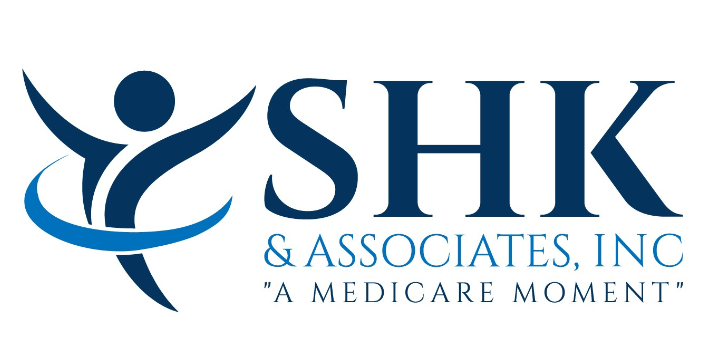Medicare Part C
Medicare Part C: Medicare Advantage Plans
Medicare Part C, more commonly known as Medicare Advantage (MA), is not part of Original Medicare (Part A and Part B). Instead, its type of health insurance plans offered by private health insurance companies approved by Medicare. Medicare Advantage health plans (such as HMOs and PPOs) are legally required to offer the same benefits as Original Medicare, but can include additional coverage as well. Costs and coverage details can vary depending on the insurance company.
Special Needs Plans (SNP)
How Medicare SNPs work:
Medicare SNPs are a type of Medicare Advantage Plan (like an HMO or PPO). Medicare SNPs limit membership to people with specific diseases or characteristics. Medicare SNPs tailor their benefits, provider choices, and drug formularies to best meet the specific needs of the groups they serve. Find out who can join a Medicare SNP.
A plan must limit membership to these groups: 1) people who live in certain institutions (like a nursing home) or who require nursing care at home, or 2) people who are eligible for both Medicare and Medicaid, or 3) people who have specific chronic or disabling conditions (like diabetes, End-Stage Renal Disease (ESRD), HIV/AIDS, chronic heart failure, or dementia). Plans may further limit membership. You can join a SNP at any time.
- Plans should coordinate the services and providers you need to help you stay healthy and follow doctor’s or other health care provider’s orders.
- If you have Medicare and , your plan should make sure that all of the plan doctors or other health care providers you use accept Medicaid.
- If you live in an institution, make sure that plan providers serve people where you live. Find out more about where SNPs are offered.
What are the different types of Medicare Advantage plans?
Medicare Advantage coverage details can vary depending on the provider. The following plan types explain the various MA plans that are available:
- Health Maintenance Organization (HMO) plans: These plans offer a network of doctors and hospital insurance through a flat monthly rate and no deductibles. Because of this, HMOs tend to have strict guidelines, meaning that any visits and prescriptions are subject to the plan approval.
- Preferred Provider Organization (PPO) plans: PPO plans offer a network of doctors and hospitals for beneficiaries to choose from. Choosing to receive care from health care providers outside of the plan’s network may result in higher out-of-pocket costs.
- Private Fee-for-Service (PFFS) plans: This type of plan allows visits to any Medicare-approved doctor or hospital, provided the plan’s payment and Medicare are accepted. PFFS plans determine how much they will pay and then the beneficiary becomes responsible for the remaining amount.
- Special Needs Plans (SNPs): SNPs are intended to assist beneficiaries with chronic conditions, excluding End-Stage Renal Disease (ESRD). Benefits, provider options and drug prescriptions are tailored to meet the needs of the enrollee.
How do I know if I am eligible for Medicare Advantage?
In order to be eligible for Medicare Advantage, you must already be enrolled in both parts of Original Medicare (Part A and Part B). If you have Original Medicare, you are generally able to purchase a privately offered MA plan, provided you live in the plan’s service area and also do not have End-Stage Renal Disease (ESRD).
Those with outside health insurance coverage (a union health plan, for example) should get more information about their existing coverage before attempting to enroll in a Medicare Advantage plan. It is possible you could lose your existing coverage once you enroll in an MA plan. Furthermore, if you drop the other plan to try MA coverage, you may be unable to retrieve your original coverage if you happen to change your mind down the road. It is generally a good idea to check with your current benefits administrator before you enroll in another health care plan.
